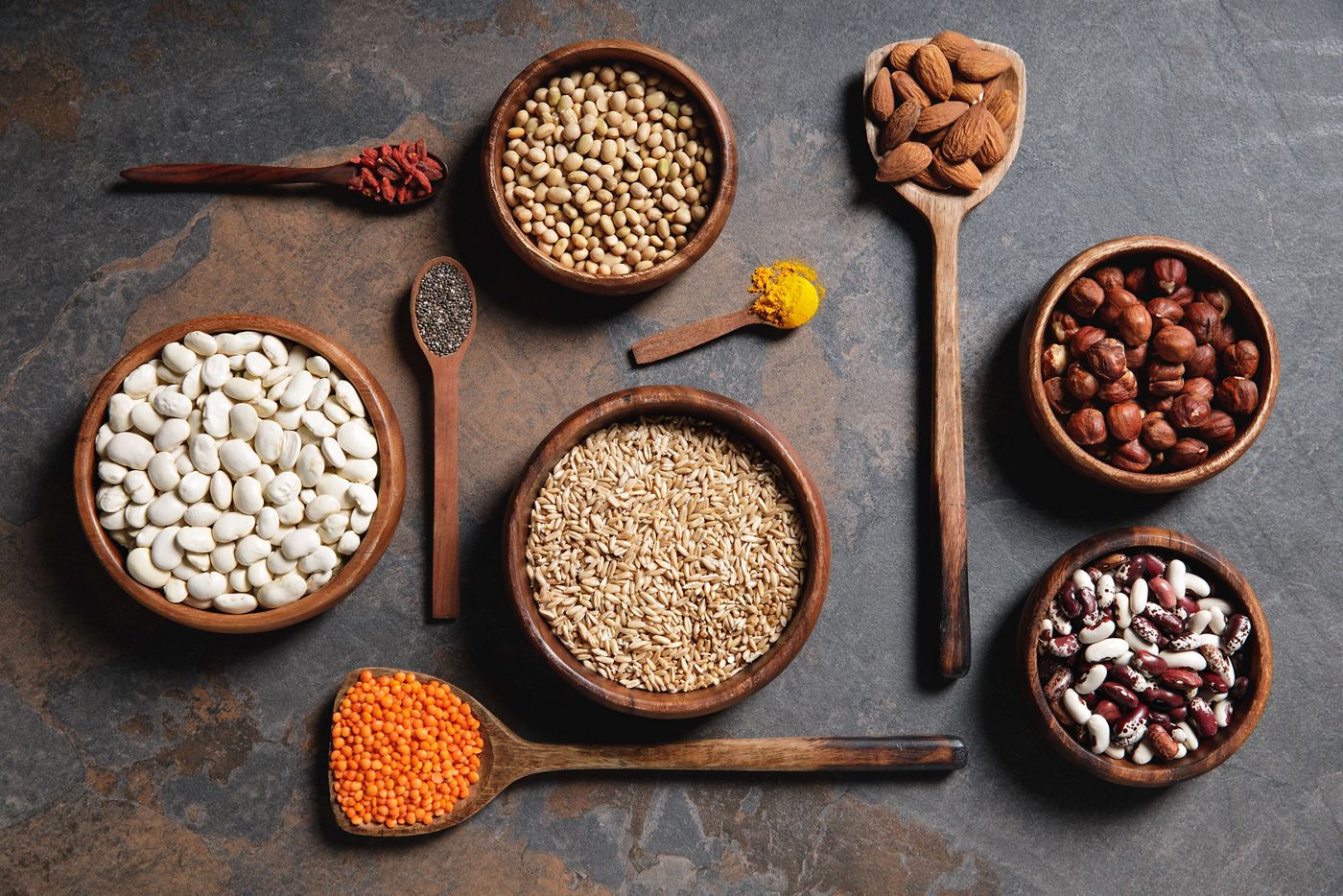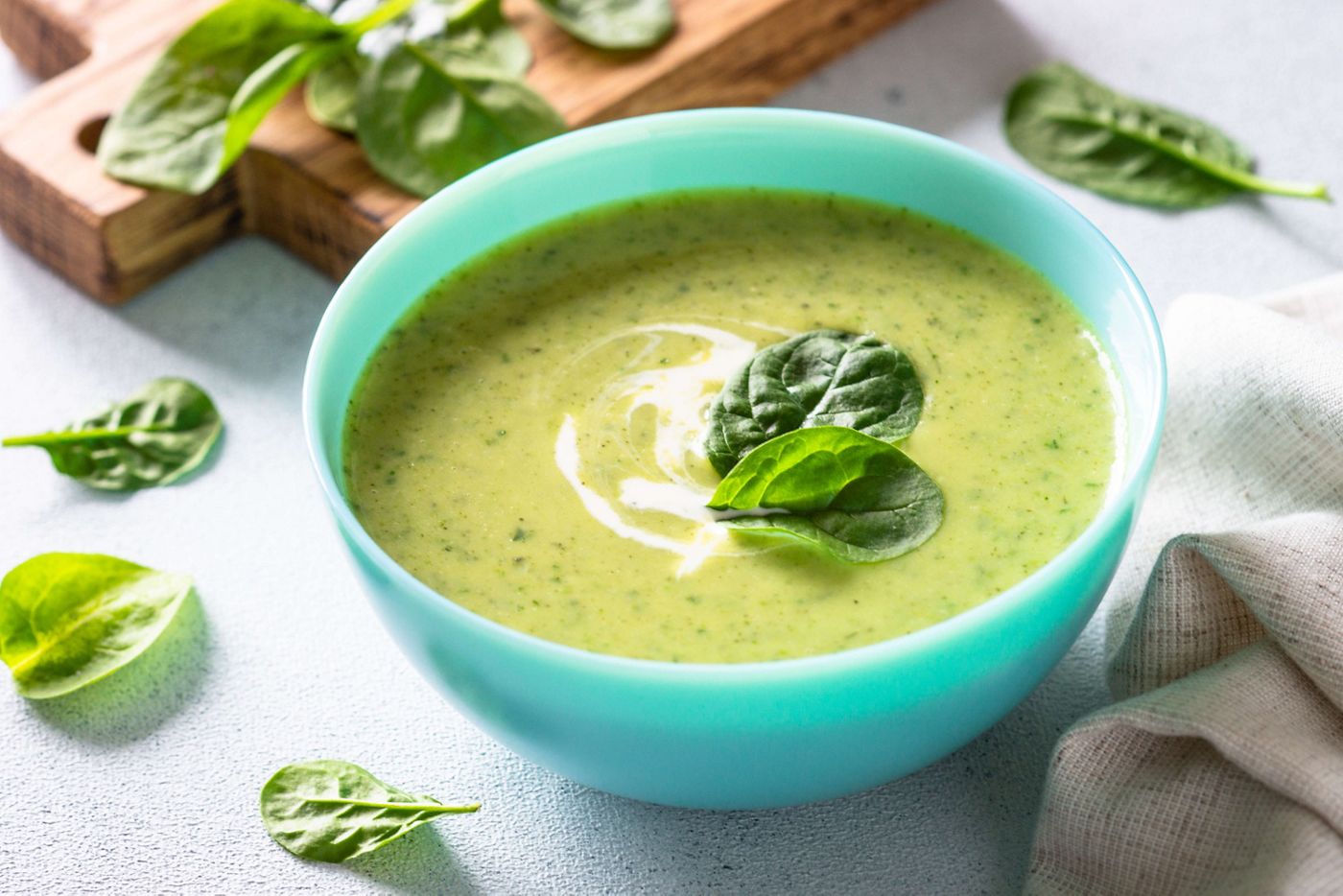What to eat after a tooth extraction?
The days following a tooth extraction can be challenging, especially when it comes to your eating habits.

Introduction to tooth extraction aftercare
The period following a tooth extraction is critical for healing. It´s a time when your body needs extra care and attention, especially your nutrition. The right diet may significantly aid in the healing process, reducing the risk of complications.
Nutrition plays a big role in healing post-tooth extraction. A balanced diet not only speeds up recovery but also prevents infection and other complications. Understanding the beneficial foods to eat and those that should be avoided is key to a successful recovery.
Always follow the specific post-operative instructions provided by your dentist or oral surgeon, as recovery can vary based on individual circumstances.
Understanding the healing process
The healing process after a tooth extraction goes through several stages, from immediate blood clot formation to longer-term gum and bone healing over the following weeks to months. Each stage requires specific nutritional support to facilitate proper healing.
Good nutrition is essential for healing wounds. Nutrients like protein, vitamins, and minerals usually play a vital role in tissue repair and immune function. A well-planned diet ensures that your body gets the necessary nutrients to heal efficiently.
Foods to avoid after a tooth extraction
After a tooth extraction, it is recommended to avoid certain foods that can disrupt the healing process. Some of these include:
Hard, crunchy, sticky, or very hot foods that can shift the blood clot leading to complications like dry socket. Foods like nuts, grains, seeds, popcorn, and hard candies are some common examples of foods to avoid after a tooth extraction.
Alcoholic beverages and extremely spicy foods, as these may irritate the wound.
Drinks with a straw. Although it may be tempting to drink through a straw while you recover, avoid it at all costs. Straws can lead to a dry socket due to the suction created in the mouth.
Eating the wrong types of food after an extraction may not only delay healing but also cause pain and discomfort. It's important to understand why certain foods are off-limits and the potential risks they pose, such as infection or irritation to the extraction site.
Recommended foods after a tooth extraction
Focus on soft easy-to-chew foods during the days following your tooth extraction. These foods are gentle on the extraction site and provide the nutrition needed for healing. Some good examples include yoghurt, applesauce, mashed potatoes, and scrambled eggs.
Certain foods may aid your recovery process more. Food options rich in vitamins and minerals, like smoothies and soups enriched with vegetables, can help speed up healing.
Include foods rich in Vitamin C and Zinc in your diet, as they play a vital role in healing and immune function. It's also recommended to include protein-rich foods, which are essential for tissue repair following the tooth extraction procedure.
Smoothies and protein shakes
Smoothies are an excellent way to get essential nutrients without causing strain on the tooth extraction site.
Recipes that include a mix of fruits, vegetables, and a protein source, such as Greek yoghurt or protein powder, can be both soothing and nourishing. These can be prepared according to your taste preferences and dietary needs.
Remember to avoid using straws when consuming smoothies and shakes as the suction can move the blood clot essential for healing post-tooth extraction.
Soups and broths
Soups and broths are ideal for post-tooth extraction diets. They are easy to eat and can be packed with nutrients. Try creamy soups, broth-based soups, or pureed vegetable soups that are lukewarm to avoid irritation.
While soups are gentle on the extraction site, it's important to ensure they are nutritious. Including ingredients like lean meats, soft-cooked vegetables, and legumes is something to consider. These can provide essential vitamins, minerals, and proteins needed for healing.

Eating habits and tips for a smooth recovery
It's common to experience some discomfort while eating after an extraction. Here are some tips to help make eating more comfortable:
- After an extraction, it's important to eat carefully.
- Avoid chewing on the side of the extraction and take small bites.
- Eating slowly and allowing food to cool down to a safe temperature can prevent discomfort and protect the tooth extraction site.
- Focusing on soft foods, and cold foods, like ice cream or smoothies, and avoiding spicy or acidic foods may help minimize discomfort.
Hydration and oral hygiene
Staying hydrated is crucial for healing. Drinking plenty of water helps to keep the mouth clean and aids the overall healing process. Avoid using straws as the suction can dislodge the blood clot at the extraction site.
Good oral hygiene is essential after a tooth extraction. Gentle rinsing with salt water can help keep the area clean.
It’s important to follow your dentist’s advice on oral hygiene practices to ensure proper healing and prevent infection.
Long-term dietary considerations
As your mouth heals and you regain comfort, you can gradually reintroduce more solid foods into your diet. Start with softer, easy-to-chew foods and slowly move towards your regular diet, paying attention to any discomfort.
Even after recovery, your diet plays a significant role in maintaining oral health. Some areas to consider include:
Foods rich in vitamins, minerals, and fibre support healthy teeth and gums.
A balanced diet, rich in calcium and vitamin D, is crucial for maintaining the long-term health of your teeth and bones.
Limiting sugary and acidic foods can also help prevent future dental issues.
If you´re thinking of a long-term solution to replace the missing teeth, feel free to book a consultation with our implant consultant team who will be able to answer your questions and connect you with a relevant clinic.